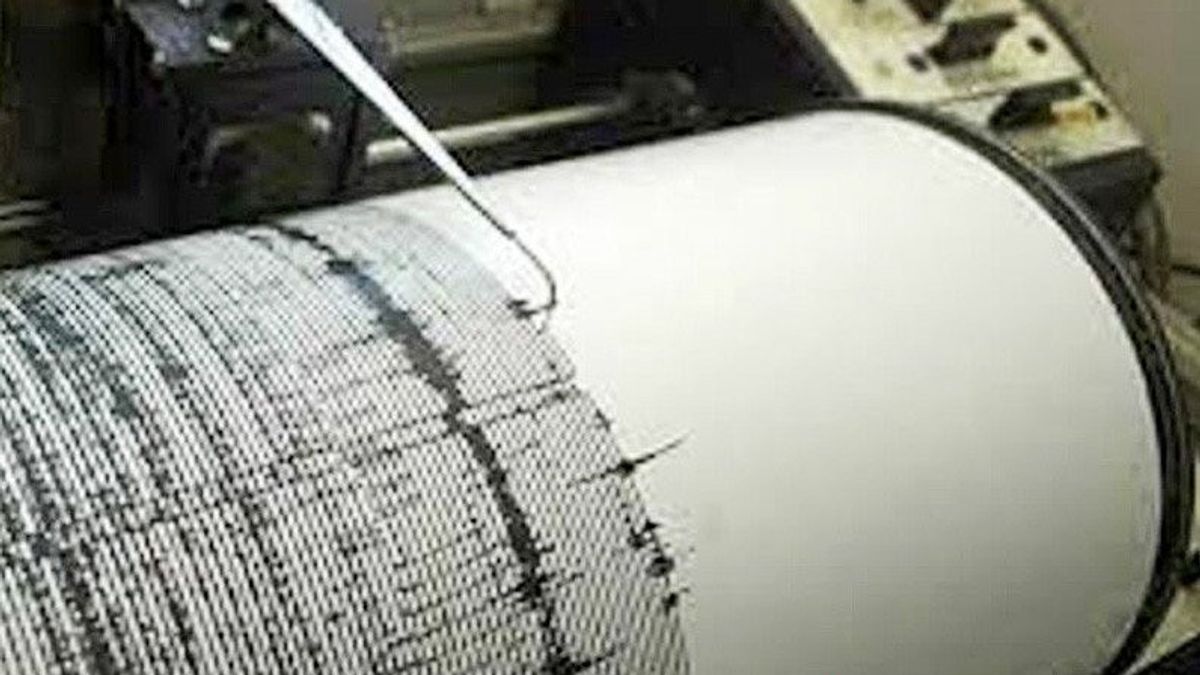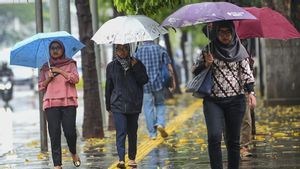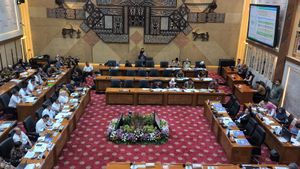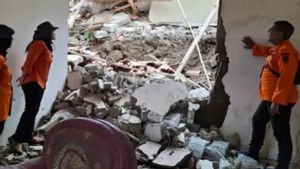PADANG - The Meteorology, Climatology and Geophysics Agency (BMKG) revealed new fault findings based on research conducted after the earthquake that occurred in West Pasaman Regency, West Sumatra.
"Initially we thought the epicenter of the earthquake came from the closest fault in the location, namely the Angkola and Sianok faults, after further investigation it turned out that it came from a new segment", said BMKG Technical Seismology Center Head, Rahmat Triyono, in Padang Pariaman quoted by Antara, Tuesday, March 1.
When explaining the development of the post-earthquake of 6.1 magnitude West Pasaman, in the VIP room of the Minangkabau International Airport, he stated that the new fault had a horizontal fault mechanism and shifted to the right.
"For the time being this segment is named Talamau", he said.
Initially, BMKG suspected that the earthquake that occurred was from the Angkola and Sianok segments, but after further investigation, the segment did not reach Talamau.
"Thus, from the data on aftershocks, which are also still occurring, it is confirmed that this is a new segment", he said.
BMKG suspects that this segment is connected to Sianok, but further research needs to be done.
VOIR éGALEMENT:
Rahmat explained that the Talamau segment has the potential for an earthquake of up to 6.2 magnitudes because it is not too long compared to other segments.
Regarding the position of the earthquake source at the foot of Mount Talamau, he said that until now there has been no warning from the Geological Agency of an increase in mountain activity.
"People don't need to worry because the volcano will not erupt suddenly, but there were many previous signs, such as rumblings and others", said Rahmat Triyono.
Meanwhile, the Head of BMKG, Dwikorita Karnawati, stated that the findings of the new segment further refined the earthquake hazard map in West Sumatra.
"This can also be a recommendation for local governments so that it is necessary to prepare earthquake-safe buildings and other mitigation efforts", she said.
Regarding the aftershocks, there is no need to worry anymore and what needs to be watched out for is the potential for flooding and landslides because it is still the rainy season, said Dwikorita Karnawati.
The English, Chinese, Japanese, Arabic, and French versions are automatically generated by the AI. So there may still be inaccuracies in translating, please always see Indonesian as our main language. (system supported by DigitalSiber.id)
















